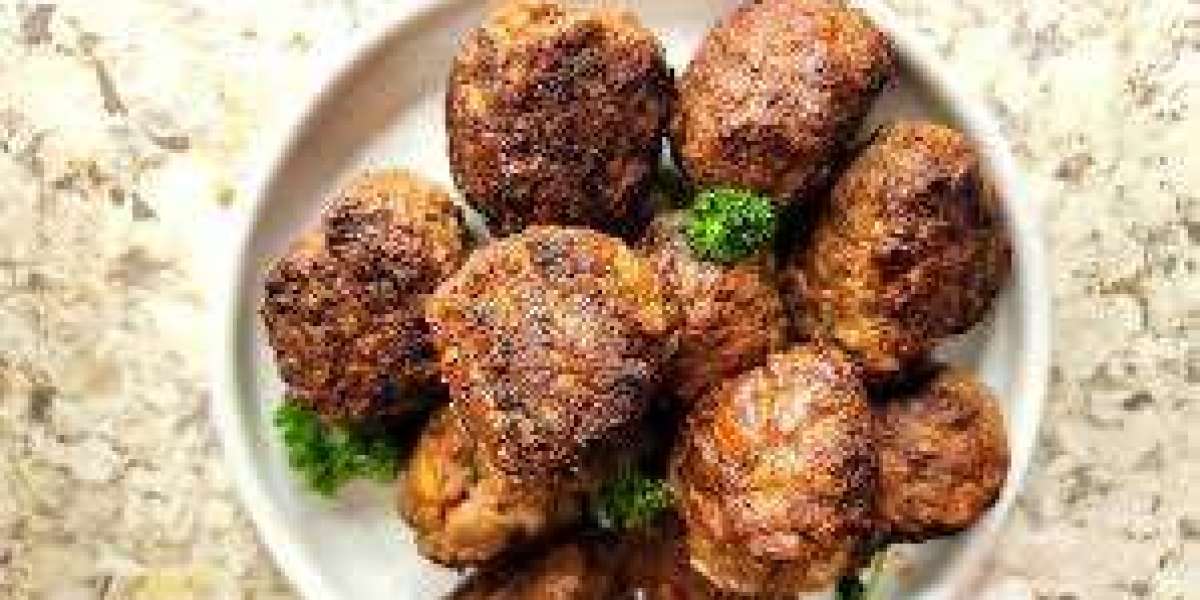Why Postpartum Nutrition Matters
During pregnancy, the body undergoes dramatic changes—organs shift, blood volume increases, bones and tissues adjust. After childbirth, it takes time for everything to return to baseline, and good nutrition can accelerate that process.
Here’s why postpartum nutrition is so important:
- Supports healing from vaginal or cesarean birth
- Restores energy levels after labor and sleep deprivation
- Regulates hormones and reduces mood swings or postpartum depression risk
- Replenishes nutrients lost during pregnancy and childbirth
- Supports breast milk production and nutrient density for baby
- Strengthens the immune system during a vulnerable time
Think of food in this stage not as something to control, but as something that deeply supports both mother and baby.
Key Nutrients for Postpartum Recovery
Here’s a look at the essential nutrients every postpartum mother needs, and where to find them.
1. Protein
Protein is vital for tissue repair and hormone production. It helps rebuild muscles and supports energy.
Best sources:
- Eggs
- Chicken, turkey, lean beef
- Lentils and chickpeas
- Greek yogurt
- Salmon and other fatty fish
Aim for a serving of protein at every meal to promote steady blood sugar and reduce fatigue.
2. Iron
Blood loss during delivery can lead to low iron levels, which can contribute to fatigue and even postpartum depression.
Best sources:
- Red meat
- Liver (in moderation)
- Dark leafy greens like spinach and kale
- Legumes
- Iron-fortified cereals
Pair iron-rich foods with vitamin C (like citrus or bell peppers) to boost absorption.
3. Omega-3 Fatty Acids (especially DHA)
DHA, a type of omega-3, plays a role in brain function, mood regulation, and baby’s brain development through breast milk.
Best sources:
- Fatty fish like salmon, sardines, and trout
- Flaxseeds and chia seeds
- Walnuts
- Algae-based supplements (for vegetarians/vegans)
Many moms continue their prenatal DHA supplement for several months after giving birth.
4. Calcium and Vitamin D
These nutrients support bone health and nerve function, especially important if breastfeeding, as calcium is passed into milk.
Best sources:
- Dairy products
- Fortified plant-based milks
- Tofu
- Broccoli
- Canned fish with bones (like sardines)
- Sunlight exposure for vitamin D
Vitamin D can be hard to get through food alone, so supplementation is often recommended.
5. B Vitamins (especially B12 and Folate)
B vitamins play a role in energy production, red blood cell formation, and brain function. B12 is especially critical for vegans and vegetarians.
Best sources:
- Eggs
- Lean meats and poultry
- Whole grains
- Leafy greens
- Nutritional yeast (fortified with B12)
Continuing a prenatal vitamin can help bridge any nutritional gaps.
Hydration and Postpartum Health
Water needs increase significantly, especially for breastfeeding mothers. Dehydration can lead to fatigue, constipation, and low milk supply.
Tips:
- Drink a glass of water every time you feed your baby.
- Add hydrating foods like cucumbers, melons, and citrus to meals.
- Herbal teas (like fenugreek, ginger, or fennel) can also be comforting and hydrating.
Breastfeeding and Calorie Needs
Breastfeeding mothers require an additional 300–500 calories per day. However, quality matters more than quantity. Choosing whole, nutrient-dense foods over empty calories will help maintain milk supply and energy levels.
Great snacks for breastfeeding moms:
- Apple slices with peanut butter
- Overnight oats with chia seeds
- Hummus with veggie sticks
- Trail mix with nuts and dried fruit
- Hard-boiled eggs
Don’t stress over calorie counting—focus on hunger cues and intuitive eating.
Managing Postpartum Cravings and Emotions Around Food
Hormonal shifts, sleep deprivation, and emotional highs and lows can lead to increased cravings, especially for sugar and carbs. This is normal. Rather than fighting cravings, it helps to have satisfying, balanced meals that include:
- A complex carb (whole grain bread, brown rice, oatmeal)
- A protein (beans, eggs, cheese, meat)
- A healthy fat (avocado, olive oil, nut butter)
This combination keeps blood sugar stable, which can reduce mood swings and overeating later in the day.
Realistic Tips for Nourishing Yourself
Let’s be honest: New moms are tired and stretched thin. Here’s how to make postpartum eating easier:
- Batch cook and freeze meals during the third trimester
- Accept help from friends or family with cooking and grocery shopping
- Keep healthy snacks in every room where you feed the baby
- Use grocery delivery apps to keep staples on hand
- Focus on good-enough, not perfect—even a peanut butter sandwich is better than skipping meals
When to Seek Professional Support
If you’re feeling overwhelmed, experiencing low appetite, dealing with persistent digestive issues, or struggling with postpartum depression, talk to a registered dietitian or healthcare provider. Personalized nutrition support can make a big difference in how you feel day-to-day.
Final Thoughts
Post partum nutrition isn’t about weight loss or chasing a pre-baby body. It’s about honoring the incredible work your body has done and giving it the support it needs to heal, produce milk, regulate hormones, and keep you functioning during one of the most demanding seasons of life.
A nourished mom is a stronger, more energized, and more present mom. Feeding yourself well is not selfish—it’s an essential act of self-care and love that benefits the whole family.








